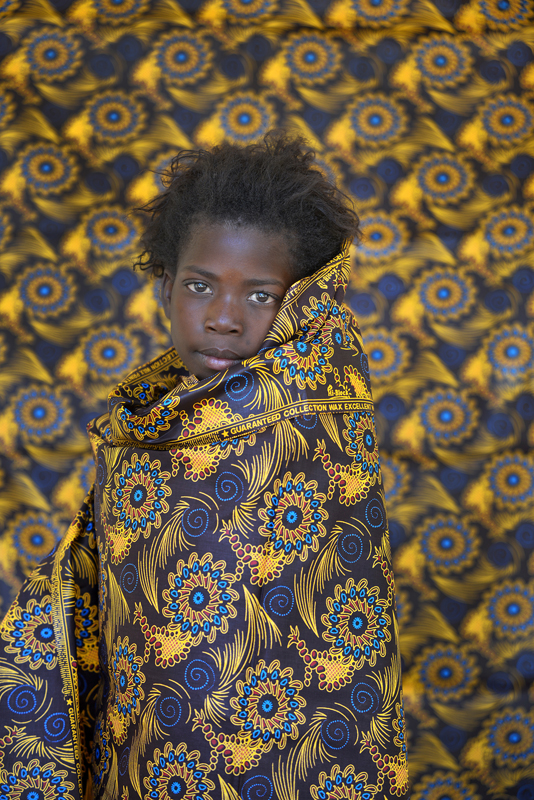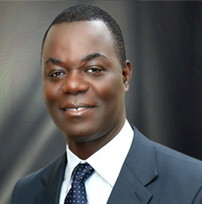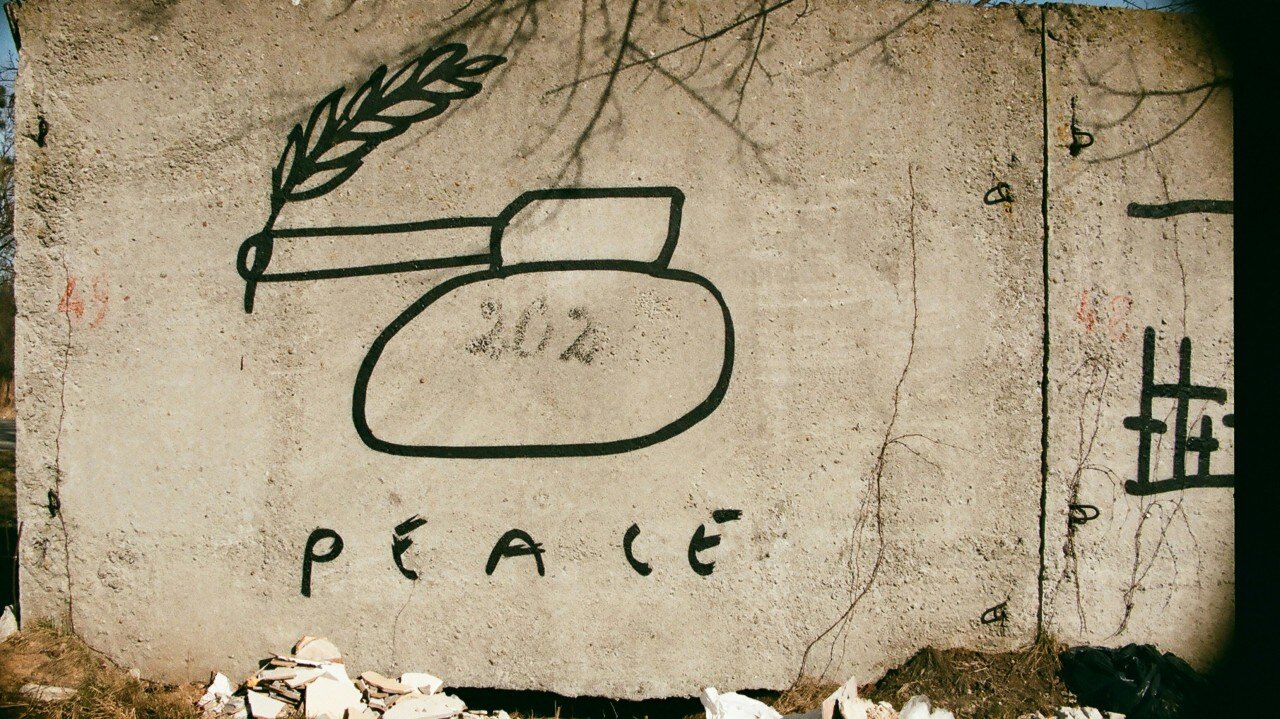"Peace is not just a job—it demands deep personal dedication"
The Kivu provinces of the Democratic Republic of Congo (DRC) have long been embroiled in conflict, driven by a complex interplay of ethnic tensions, resource struggles, and geopolitical interests. Amid this turbulence, peacemakers like Batabiha Bushoki, affectionately known as the 'Gandhi of Goma,' have emerged as key figures in advancing peace and reconciliation in the region. A seasoned INCAS expert, Bushoki has been instrumental in navigating the intricate dynamics of peace negotiations in one of the world’s most volatile regions. His work is a testament to the power of dialogue and inclusivity in conflict resolution. In this interview, INCAS Strategic Communications Practice Lead, Vefa Veisalova, speaks with Bushoki about his journey, the challenges facing the Kivus, and the vital role of the private sector in supporting the foundations of peace.
You go by the nickname of the "Gandhi of Goma”. How did you come to be known by this name?
Bushoki: I was first called the "Gandhi of Goma" by some of my international friends, including Professor Mamdani from Columbia University and a former lecturer at the Royal Academy in Belgium who was a thinker, writer, and my mentor. Coming from my ethnic group, I led a local peace movement that was inclusive and successful in ending the communal violence in the eastern Congo in 1993. I guess it reflects my commitment to non-violence, peace and inclusivity.
Can you tell us a little about your journey? How did you get involved in peace making?
Bushoki: It started early in life. My father was a pastor, and in 1963, during a time of conflict, he took me on a trip to Goma. We helped to get those who were persecuted safely cross military checkpoints, where otherwise they would be harmed. This experience taught me acceptance and understanding of others. Later, after university, I chose to work with farmers in grassroots development. When conflict broke out in 1993, we couldn’t continue our work in the villages. Instead of leaving, I began to organise peace efforts, realising that what these communities now needed most was peace, not seeds or aid.
What does the future hold for the Kivus and the Congo?
Bushoki: The Democratic Republic of Congo, with a population of over 100 million, has a bright and promising future. The eastern provinces of North and South Kivu are rapidly developing, with new investments in mining, agriculture, manufacturing, and tourism. We of the DRC are known for our resilience, resourcefulness, and sophistication. Having overcome immense challenges, we remain determined in our pursuit of progress and development.
What role can the private sector play in supporting peace and social cohesion in the areas where they operate?
Bushoki: The private sector is an essential part of the fabric of peace, especially in conflict-sensitive areas like the Kivus. When companies adhere to sound business principles, social responsibility, and the rule of law, they play an important and positive role in maintaining peace and human security. It is through responsible business practices and ensuring that their social investments are conflict sensitive, that companies can reduce conflict risks and contribute to social cohesion.
What are the most commonly unseen risks that companies face when operating in the DRC?
Bushoki: Maybe not unseen, but in many parts of the country, there is a significant shortage of a skilled and competitive workforce. There is also the problem of negligence, often referred to by some analysts as a "culture of mediocracy," which affects many aspects of business. Compounding these challenges are a complex tax system, inadequate public amenities, particularly in energy and infrastructure. We also have rigid labour laws that heavily favour employees but lead companies to rely on subcontracting. Despite these hurdles, the business climate has improved, and we’re seeing more domestic and foreign investment.
What do you, as an INCAS expert, see as your value added in the DRC?
Bushoki: INCAS offers strategic, grounded advice and valuable insights to business and international institutions operating in the DRC. Our unrivalled expertise in applied conflict-sensitive business practices, dispute resolution, and security and human rights is crucial for companies operating here. We help our clients better understand operating environments and the stakeholder landscape and build strong relationships with communities. In the DRC, we have an extensive network across the country and that brings together leading national experts on economic development, peace and security.
What are the key elements that make a peace negotiation successful, especially in conflict zones like the Kivus?
Bushoki: Successful peace negotiations rely on clear communication and a readiness to talk. It’s not enough to just bring people to the table. There needs to be a common language and mindset. Defining what peace looks like for all parties is essential. A key challenge is that it’s often a radical minority who pushes for violence, while the majority who want peace stay silent. We must give this majority a platform. In the Kivus, we modernised the traditional 'Baraza' forum, where community elders meet to discuss issues. By bringing key leaders from various communities together, we created a space for open dialogue and understanding.
What are your thoughts on the future of peace-making in the world?
Bushoki: Despite all the violence that we’re seeing today, I am optimistic about the future of peace. The majority of people around the world want peace, and we must create more opportunities for them to be heard. Peace is made everywhere. In governments, in civil society, and in the private sector. We all have a role to play in making peace. The real key is commitment—peace is not just a job. It requires a deep, personal dedication to the process and the people involved.
And the most serious challenges for peace-making today?
Bushoki: One of the biggest challenges we face today is the distortion of facts. Misinformation, lies, and propaganda are fuelling conflicts, making it harder to resolve them. With the proliferation of social media platforms, everyone has the power to shape narratives, and not all of these narratives are based on truth. To overcome this, we need to strengthen the narratives of peace and social cohesion, while continuing honest, committed dialogue with conflict parties and their constituencies.
 By
By


